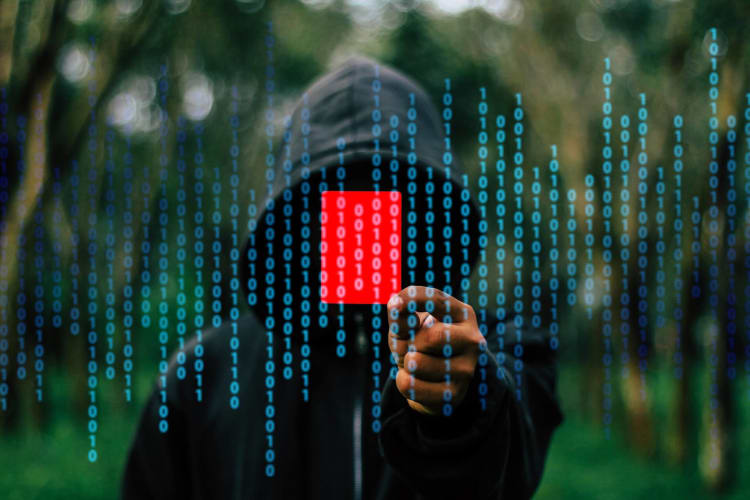Hacking seems to be occurring all the time. Just this week, we learned that
China orchestrated a hack that targeted companies like Apple and Amazon with a tiny piece of hardware inserted onto the motherboard of very powerful servers. While most of us are not as enticing of a target as trillion dollar companies. This example does prove that hacking is something that we are all going to have to learn to contend with us more and more information is stored electronically.
One of the key principles to keep in mind is that your personal data is extremely valuable. As Willie Horton said when asked, ‘why do you rob banks?’ ‘Because that’s where the money is’. Similarly, as our business and personal accounts have moved online, there is a greater likelihood that hackers will seek to discover that information for a wide variety of reasons.
However, what is also important is that hackers will look for soft targets or those people who have not taken the basic steps to prevent their information. For, those who make hacking more difficult, they will more than often move on to an easier target. So, this guide is about raising the barriers for you and your family. Similar to how alarm systems don’t prevent all burglaries or locked doors stop all break-ins; this guide is meant to create enough difficulty that potential hackers will look elsewhere.
Email
- Don’t create vanity email addresses that include personal information - most people choose an email address that is representative of their name; a vanity name like firstname.lastname @ emailprovider.com. However, one of the biggest ways to prevent hacking is to restrict the ability to stitch together your personal information.
- Don’t choose traditional security questions that can gain account access should you forget your login credentials with answers that can be found elsewhere. For example, Mother’s Maiden Name? While that information is easy to remember, it is also easy for someone else to find out and then use that to access your account.
- Use 2-factor authentication. With 2 factor authentication, there are 2 levels required in order to access an account. The 1st level is the login on the website. And the 2nd factor, is a code sent to your mobile device that must be entered in addition to your password. The benefits of 2 factor authentication is that often hacking is done remotely without the benefit of control of your mobile device. This added layer of security is super helpful and highly recommended.
Computers/Mobile Phones
- Don’t leave your passwords on unsecured note files or word documents. Use a secure password manager.
- Don’t use your birthdate, partner’s birthdate, children’s birthdate, anniversary date or any other easily guessable numeric condition as your phone password. This information is often easily known by people who are close to you or can easily be discovered if you are active on social media.
- Use Secure-ID (fingerprint login) for mobile applications that offer that feature. This means that the only way someone can access your account is by using your fingerprint.
Internet/Wi-Fi
- Don’t share your account information for Netflix/Hulu/HBO Go/ESPN. This gives insight into which email address you use and at least one of your preferred password structures. You don’t want this information to be public even among friends. More than likely, your friends are not going to be as careful with your account information as you would be.
- Clear cookies and other data anytime you finish using web browsers (Chrome, Internet Explorer, Safari)
- Create a different wif-fi credentials for your guests and your normal use - this protects you from any websites your guests may access that may be security risks and also obscures your password structure
- Don’t use the same email address/password combination for websites. Once someone figures out your login credentials, they can access your Amazon account, bank account, social media accounts. Instead become diligent about creating multiple login credentials that are different enough that if one account gets hacked, you haven’t lost all of your security.
- Use a VPN (virtual private network) when surfing remotely to protect your information from being intercepted. Remember the coffee shop has many visitors and someone may be waiting to access your information on this low security network.
Join our growing community!
Sign up to receive the latest news, special offers, & updates about Digital Adventures.



 By:
By: